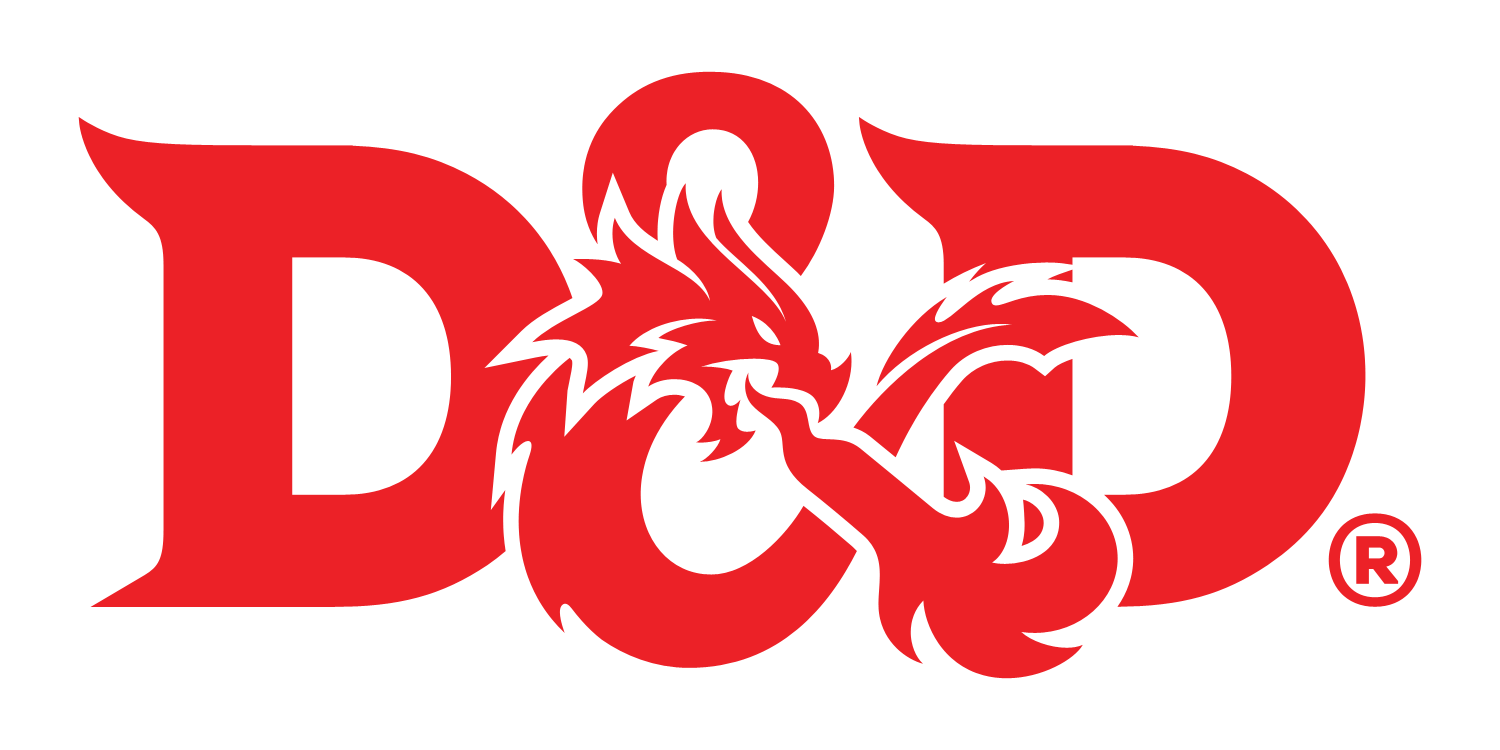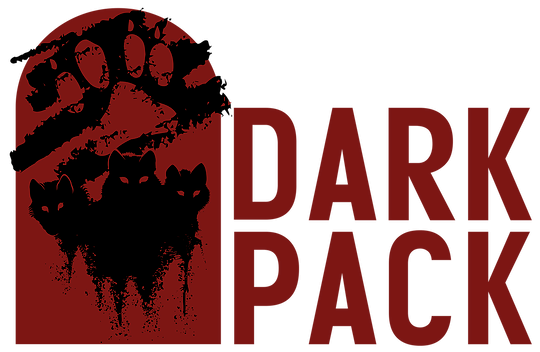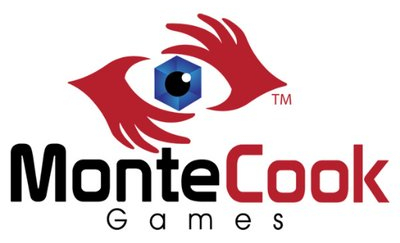Ptolus Languages
Human
-
Common (Imperial)
Usually referred to as common, trade or Imperial depending on how close one is to the heart of the Empire and who is doing the speaking. A variation of Old Prustan, this language could be called “New Prustan.” Carried throughout the known world by the people who forged the Empire of Tarsis, it is now common in every land. If nothing else, it provides a way for people to conduct trade without the need of translators or spells.
-
Nallish
This straightforward language is used by the people of Nall and the barbarians of the east. To many ears, Nallish sounds like Dwarvish, with hard consonant sounds and simple vowel sounds. Double meaning and subtlety is usually frowned on by the northern folk.
-
Palastani
A rather simple language, Palastani is once again coming into vogue, after having faded considerably during the height of the Empire of Tarsis.
-
Rhothan
is not a language, but Rhothan names are nonetheless distinctive in some ways.
-
Uraqi
Another human tongue, Uraqi is very different from Old Prustan and even Westron, having originated in ancient Kellisan, far to the south. It is spoken almost exclusively in Uraq and along the coast of the Southern Sea (a relic of the fact that Uraq conquered most towns and cities along that coast long ago).
-
Vea-Rin
or simply Vea is the language of pitates, ships and sea. It is a patois or blend of the languages used throughout the empire. It is not uncommon for words in other languages to be shortened using a barely recognized version of the word. Also common on board a ship are a variety of hand signs and light (not fire) symbols which can be seen not heard. It was thought to be started by early sea faring elves and half elves.
Ancient Human
-
Old Prustan
An old language of humans, Prustan sounds harsh when compared to those derived from Elder Elvish. This tongue shares a few similarities with Dwarvish, but not many. Today only scholars speak it.
-
Ren Tehoth
The ancient language of Ren Tehoth, no longer spoken, has nonetheless had its effect on languages still in use.
-
Westron
Perhaps the oldest human language—older even than Old Prustan—is Westron. Some scholars believe it was a common tongue of much older times, long before the Empire. Some believe the language was given to humans by the Creator himself.
Non-Human
-
Aram (Centaur)
Although they have a fairly complex spoken language, the aram long ago developed a written language that focuses on brevity. Few centaurs have the patience to read or write a book, so they have their own set of simple symbols for conveying general ideas. Other than that, aram rarely know how to read the languages they speak (generally Elvish, Sylvan, and Common). Most centaurs living in Ptolus learn to read enough Common to get by—enough to understand signs, for example, and things of a very general nature.
-
Assarai (Lizardfolk)
City-dwelling assarai almost always speak Common as well as Draconic. In fact, more and more lizardfolk are forgoing Draconic altogether. Only about one in three can read, and most of those read Common, not Draconic.
-
Dwarven
Unlike the language of the elves (see below), Dwarvish has remained almost entirely unchanged in the thousands of years of dwarven civilization. A modern dwarf could find an ancient scroll of their most distant ancestors and would be able to understand the vast majority of it. The fact that their mother tongue has for so long remained unchanged says more about the dwarves than about their language. Dwarvish words are typically short, with many compound word constructions that create new words as needed.
-
Elven
A newer tongue based on an older version, Elvish is surprisingly different from its parent language, Elder Elvish. Modern Elvish is, in fact, no closer to Elder Elvish than it is to Halfling or Gnomish. It is a lyrical, beautiful language that almost sounds (particularly to humans) like singing when spoken correctly. Elvish boasts a huge and very precise vocabulary.
-
Gnome
also derives from Elder Elvish. Some people say it has been influenced by Dwarvish, but this is true in only minor ways.
-
Halfling
The language of the halflings descends from Elder Elvish and an ancient language of humans called Westron. It is a far simpler tongue than its predecessors.
-
Litorian
The complex litorian language proves difficult for humans and many others to speak. It is a tongue full of deceptive subtlety, and few nonlitorians attempt to master it. Litorian has an alphabet of its own, but by the standards of other species, its written form is fairly crude and basic. Litorian is interesting because it seems unrelated to any other tongue spoken in the world.
-
Orc
Interestingly, this language is a mixture of Westron and Abyssal. Originally, orcs spoke Abyssal, taught to them by their creator, the Dread One. After his destruction, they fled west, where they became heavily influenced by the cultures there.
Exotic / Monstrous
-
Abyssal
is the language of the Abyss and the demons who inhabit it, spoken by beings of chaos and evil. Among lower demons, it resembles the agitated barking of canines, while among more refined sorts it sounds like the droning of ocean waves blended with the implied violence of a wasp's nest, though as a language of Chaos there are infinite exceptions to every rule.
-
Celestial
is the common language of the Upper Planes, spoken by devas, guardinals, archons, and other creatures of incarnate Good. It is thought to be a debased form of a now-lost tongue called the Words of Creation, a language so potent that a mortal mind can comprehend no more than three or four words, and which no evil mind can bear to hear. Celestial is much easier on the brain, comprehensible by mere mortals.
-
Charad
The Charad Titans, who visited the shores of the Whitewind Sea six millennia ago, had their own extremely sophisticated language. Today it is known only to a handful of elven scholars.
-
Draconic
Vying with Elder Elvish and Dwarvish for the oldest language, Draconic has always been spoken by dragons. Many other creatures have since picked it up—some reptilian in nature, others not. Quite a number of magical works are written in Draconic. Draconic Translator here.
-
Eldar (Elder Elven)
Virtually a dead language, the original tongue of the elves may be the oldest language in the world. With very few exceptions, no one speaks it any longer. The letters in Elder Elvish also represent numbers, which makes it easy to craft double meanings with words and numbers.
-
Giant
, or Jotun, is the language of ettins, ogres, and giants.
-
Gnoll
is the language of the gnolls.
-
Goblin
is the language of the goblins, hobgoblins, bugbears, norkers, and xvarts.
-
Infernal
is the language of the Nine Hells, spoken by beings of lawful evil. It is divided into several different castes, ranging from a rough barking tongue spoken by the least baatezu to the bewildering court language of the pit fiends and nobles.
-
Primordial
Aquan
is the language of water elementals, nereids, tritons, and other water-based creatures. It uses the flowing alphabet of the elves.
Auran
is the language of air elementals, sylphs, and other air-based creatures. It uses the Draconic alphabet today, but it originally used a script called Vaati, the ancient alphabet of the Wind Dukes of Aaqa.
Ignan
is the language of fire elementals, salamanders, azers and other fire-based creatures. It uses the Draconic alphabet.
Terran
is the language of earth elementals, xorn, pech, and other earth-based creatures. It uses the Dwarven alphabet.
-
Rattish
Language of the Ptolus Ratmen
-
Sylvan
is the language of the fey races, including dryads, brownies, and leprechauns. It uses the Elven alphabet.
-
Undercommon
This derivative of Elder Elvish is mixed with Abyssal, Draconic an Infernal. Originally, it was the language of the dark elves. It has since become almost unrecognizable as related to any of its roots. Undercommon has many subtly different words for betrayal, but no words for charity or benevolence.
Yian-Ti
is a variation of Draconic long mixed with Westron and now Common. Yuan-ti was long ago stained by veins of Abyssal. Yuan-ti uses a mostly Draconic alphabet.
Unique
-
Druidic
is the secret tongue of druids. It shares roots with Old Prustan, but is more specialized, dealing mainly with agriculture and the natural world. You can speak this language and also use it to leave hidden messages.
-
Thieves' Cant
is a secret mix of dialect, jargon, and code that allows you to hide messages in seemingly normal conversation. Only another creature that knows thieves’ cant understands such messages. It takes four times longer to convey such a message than it does to speak the same idea plainly. In addition, you understand a set of secret signs and symbols used to convey short, simple messages, such as whether an area is dangerous or the territory of a thieves’ guild, whether loot is nearby, or whether the people in an area are easy marks or will provide a safe house for thieves on the run. The Cant has no written language and when needed uses the written language of the city or its speakers, along with symbols, objects an other subtle means.
Note: If a language does not specify an alphabet, it uses an alphabet of its own name. If you notice I am missing any please leave a comment below.
Mechanics
Storypath
Characters start with one native language. They gain additional languages as deemed appropriate for their paths. A quick rule of thumb is one additional language for each path that contains Culture or Humanity as a Path Skill.
D&D 5th Edition
Characters gain languages based on selection of race, background and class.







Comments